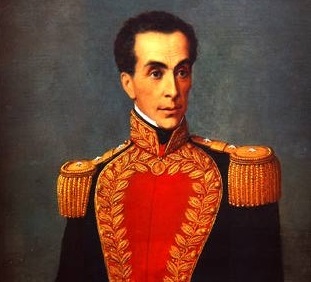
On 19 February 2016, sometime well after breakfast, the members of the
European Council reached an agreement concerning a
new settlement for the United Kingdom within the EU. The Government was
quick to proclaim that the UK’s ‘special status’ in ‘a reformed European Union’
amounts to ‘the
best of both worlds’. David Cameron’s ‘hard-headed assessment’ is that
the UK will be stronger, safer and better off by remaining inside this reformed
European Union, and so he is recommending that the British people vote to
remain in the EU in the in-out referendum on 23 June.
The substance of the reforms, which focus on economic governance,
competitiveness, sovereignty, and welfare and free movement, is and will continue to be much debated. This contribution
instead focuses on a more technical question - the legal status of the deal – a
subject which is now said to be creating ‘open
warfare’ in the Tory party.
Let me attempt to distil the question. To do so I focus on one key
aspect of the European Council Decision; the agreement to restrict the social
benefits payable to migrants. In this area, there is pre-existing Court of
Justice case law interpreting the provisions of the Treaties expansively, so as
to afford EU law rights to economically inactive migrants. Many governments
have argued that this case law goes too far, and that it creates threats to the
sustainability of social security systems. The Agreement reached in February
amounts to a further attempt to limit the rights which will be available for
migrants in the UK. The question I am addressing is whether it will be
successful in influencing the Court's interpretation of the Treaties.
The Heads of State certainly appear to have intended to attach the
greatest possible legal significance to their Agreement. They assert that ‘the
content of the Decision is fully compatible with the Treaties’. Its intent is
to clarify ‘certain questions of particular importance to the Member States so
that such clarification will have to be
taken into consideration as being an instrument for the interpretation of
the Treaties’ (emphasis added).



